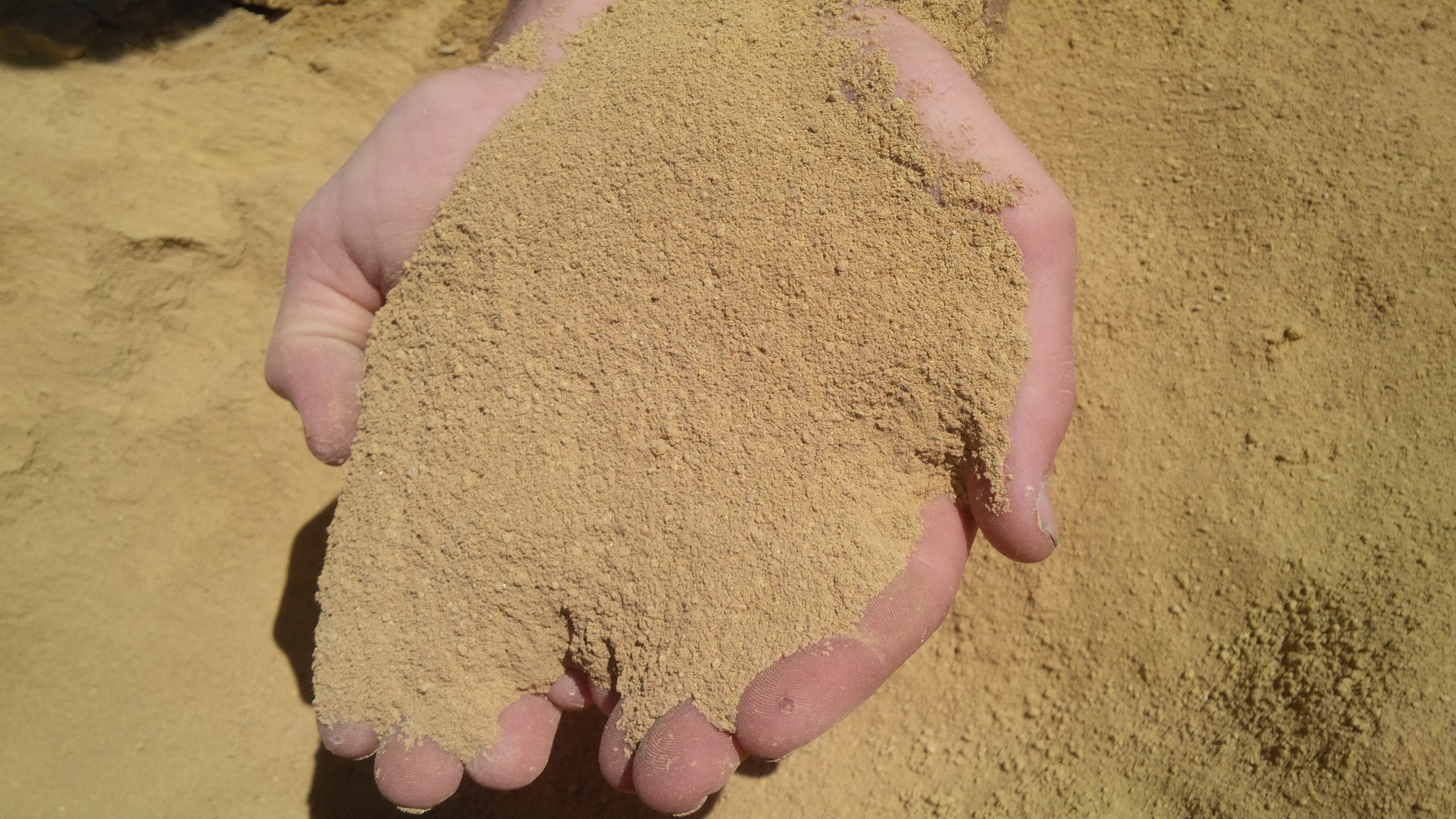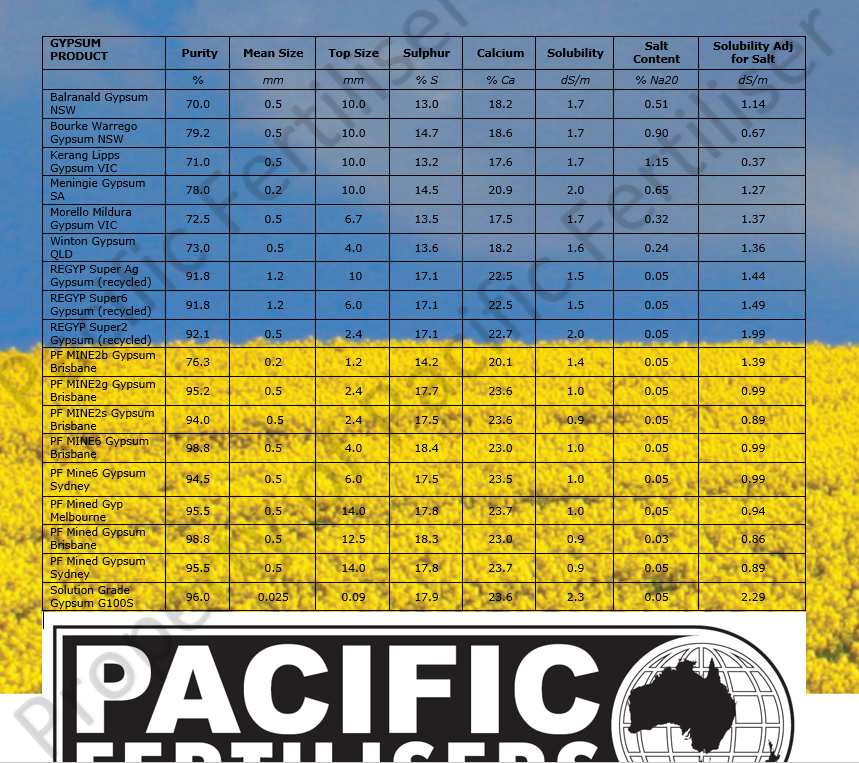Macintyre River Field Day
Recently in the Goondiwindi area in the Macintyre Valley, cotton roots depths were tested in various cotton fields using a capacitance probe. It was found some crops were drawing water from 100cm, some 80cm and about 30% were only around 60cm deep late in the season. The shallower roots depths could be caused from poor












